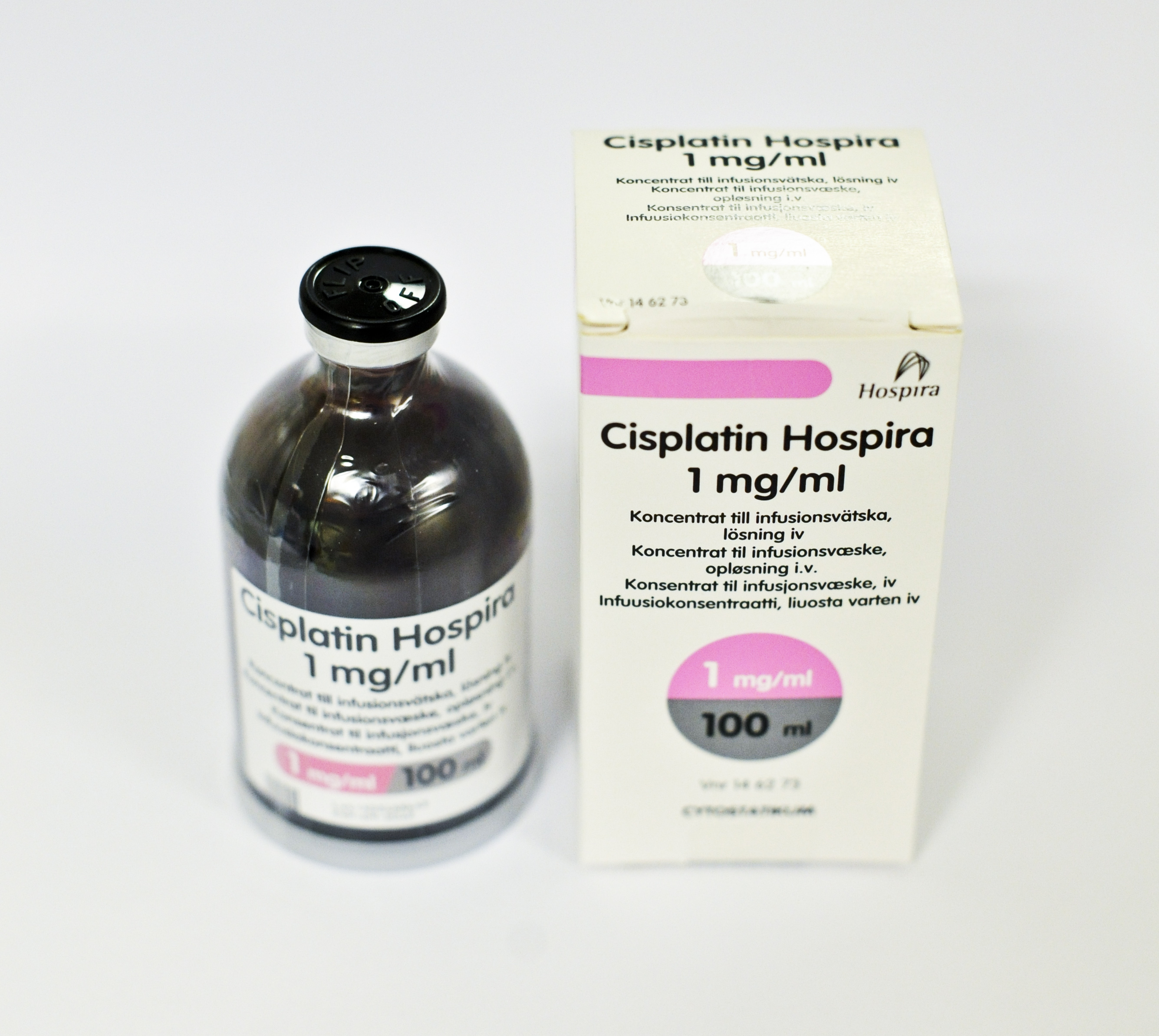Chemotherapy resistance serves as one of the largest issues plaguing the effectiveness of cancer therapy. Once cancer cells become resistant to a certain chemotherapy drug, that drug will no longer work in treating the cancer, thereby limiting available treatment options and decreasing the likelihood of survival. This is particularly concerning since the number of drugs that are both effective and safe are not as abundant as one may hope. As a result, solutions to the problem of chemotherapy resistance may prove monumental towards the efforts of achieving effective cancer treatment. Fortunately, a recent discovery may have found one such solution.
Researchers have found that immunotherapy may be used to reverse chemotherapy resistance in ovarian cancer. Ovarian cancer cells have two cell types of particular interest: fibroblasts and T cells. The key findings by the researchers suggest that the former serves as the cause of chemotherapy resistance in ovarian cancer while the latter can act as a solution by reversing that resistance. The study itself involved cisplatin, a commonly used chemotherapy drug. The observation made was that fibroblasts protected the ovarian cancer cells from being targeted by cisplatin. However, when immune T cells were added, cisplatin was able to kill the cancer cells. In other words, by increasing the number of T cells, a method that can be categorized as immunotherapy, the researchers were able to reverse the chemotherapy resistance resulting from the naturally present fibroblasts.
Image Source: Kevin Laubacher
The results of this study suggest that a relationship between immunotherapy and chemotherapy exists. However, such a relationship is not at all surprising considering the advances immunotherapy, which specifically refers to using one’s own immune system to fight off cancer, has already made towards treating cancer. In fact, if immunotherapy is perfected, the practice of chemotherapy will no longer be necessary. Such a consequence may be beneficial to patients wishing to avoid the well-known side effects associated with chemotherapy. However, immunotherapy has its own risks, and it will be up to the patient to decide on a treatment method.
Feature Image Source: Cisplatin Hospira 1mg ml by Haukeland universitetssjukehus










